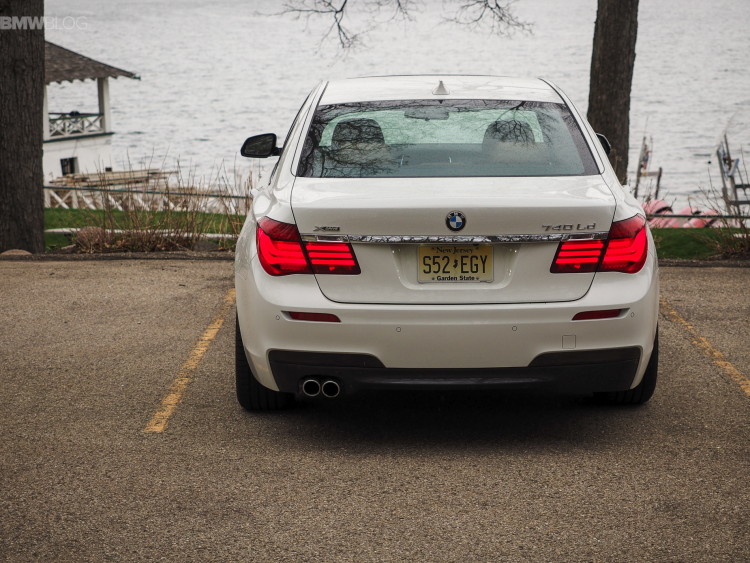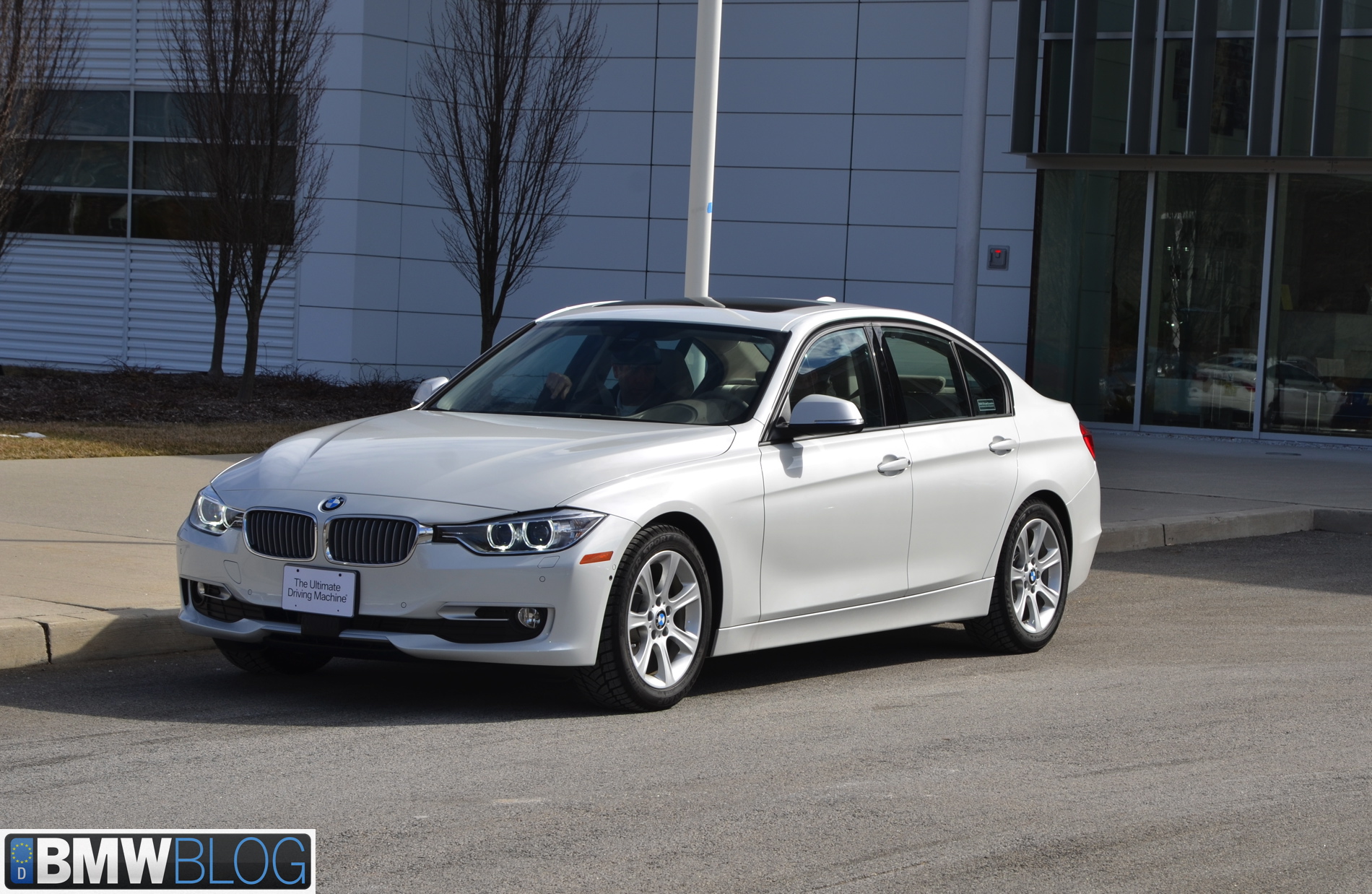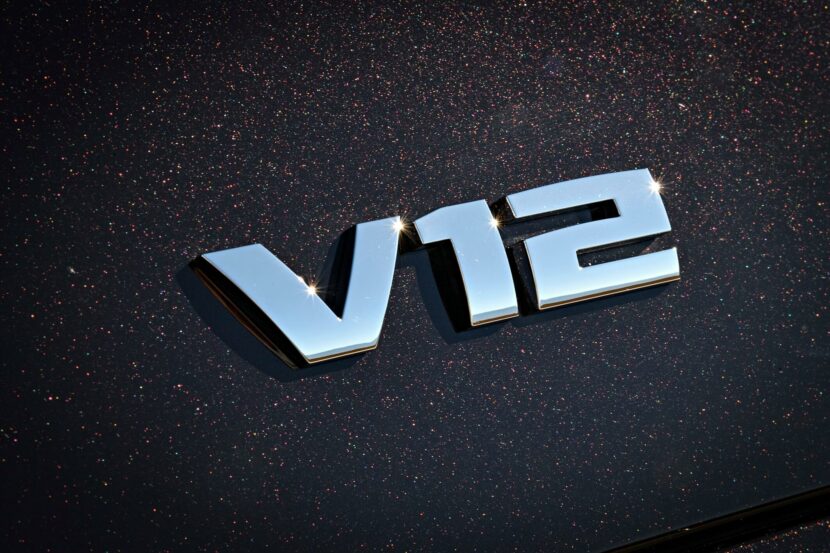BMW ended sales of cars equipped with diesel engines in the United States after 2018, but unfortunately, ghosts of the past continue to haunt the company to this day. Yet another diesel-related recall has been announced by the National Highway Traffic Safety Administration (NHTSA) and it impacts a rather substantial number of vehicles: 50,404.
The issue stems from diesel-fueled cars equipped with an Exhaust Gas Recirculation module featuring a built-in cooler. The problematic EGR poses a risk as it can leak glycol internally, thus combining the coolant with the soot from the diesel engine which could potentially lead to smoldering particles. It would consequently melt the intake manifold and cause a fire in a worst-case scenario.
No fewer than five models are affected by the recall, as follows: 328d (2013-2018MY), 535d (2014-2016MY), 740Ld (2015MY), X3 (2015-2017MY), and the X5 (2014-2017MY). These diesel BMWs are powered by either the four-cylinder N47 or the larger six-cylinder N57 engines. Affected owners will be notified by mail, with letters to be sent out by January 12, 2022.

As far as the solution is concerned, BMW dealers will have to replace the EGR cooler and also check out the intake manifold and decide whether it too has to be replaced or not. Needless to say, these hardware changes will be free of charge. Even if your vehicle had a similar recall performed previously, you will once again have to drop by your local BMW shop to get an “improved version” of the EGR.
The NHTSA goes on to say a loss of power could mean your diesel car has this issue, while other signs include an unpleasant odor coming from the exhaust gas and/or a strange noise from the engine bay. If the instrument cluster lights up the symbol for a loss of engine coolant, it means the EGR has to be replaced as soon as possible.
Seeing the glass half full, NHTSA mentions the risk of a fire starting in the engine bay is “extremely low,” but it advises owners to have the issue sorted out sooner rather than later.
[Source: NHTSA]





































































